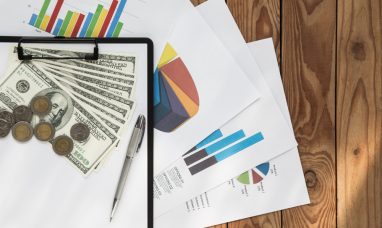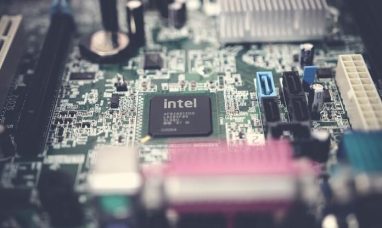Apple Inc. (NASDAQ:AAPL) reclaimed its position as the world’s most valuable company on Wednesday, surpassing Microsoft Corp. (NASDAQ:MSFT), as it advances in the race to dominate artificial intelligence technology.
Apple’s shares surged nearly 4% to a record $215.04, elevating its market valuation to $3.29 trillion. Microsoft, with a market capitalization of $3.24 trillion, fell behind Apple for the first time in five months. The stock surge coincided with the tech-heavy Nasdaq hitting a record high amid signs of cooling inflation.
Apple’s shares had already gained over 7% in the previous session, following the unveiling of a range of AI-enabled features and software enhancements for its devices, which analysts believe will boost iPhone sales.
At its annual developer conference on Monday, Apple executives, including CEO Tim Cook, highlighted new capabilities for voice assistant Siri, including interactions with messages, emails, calendars, and third-party apps.
“All those questions about Apple lagging in AI technology were answered at the Worldwide Developers Conference,” said Michael James, managing director of equity trading at Wedbush Securities.
He added, “The specifics about AI capabilities integrated into upcoming iPhones indicate a strong demand for a significant upgrade cycle.”
Previously, Apple lagged behind rivals like Microsoft and Alphabet Inc. (NASDAQ:GOOG) in AI, which contributed to its shares underperforming compared to peers. However, concerns over weak performance eased after Apple exceeded market expectations for quarterly results in May and announced a record $110 billion buyback plan.
Apple’s shares have risen about 12% in 2024, while Microsoft and Alphabet have gained approximately 16% and 28%, respectively.
Nvidia Corp. (NASDAQ:NVDA), a leader in AI chips, briefly surpassed Apple’s market value last week and has seen its value skyrocket by 154% this year, reaching a market value of $3.11 trillion.
Tesla Inc. (NASDAQ:TSLA) is the only other ‘Magnificent Seven’ stock that has performed worse than Apple this year, with a roughly 30% decline.
Featured Image: Freepik









